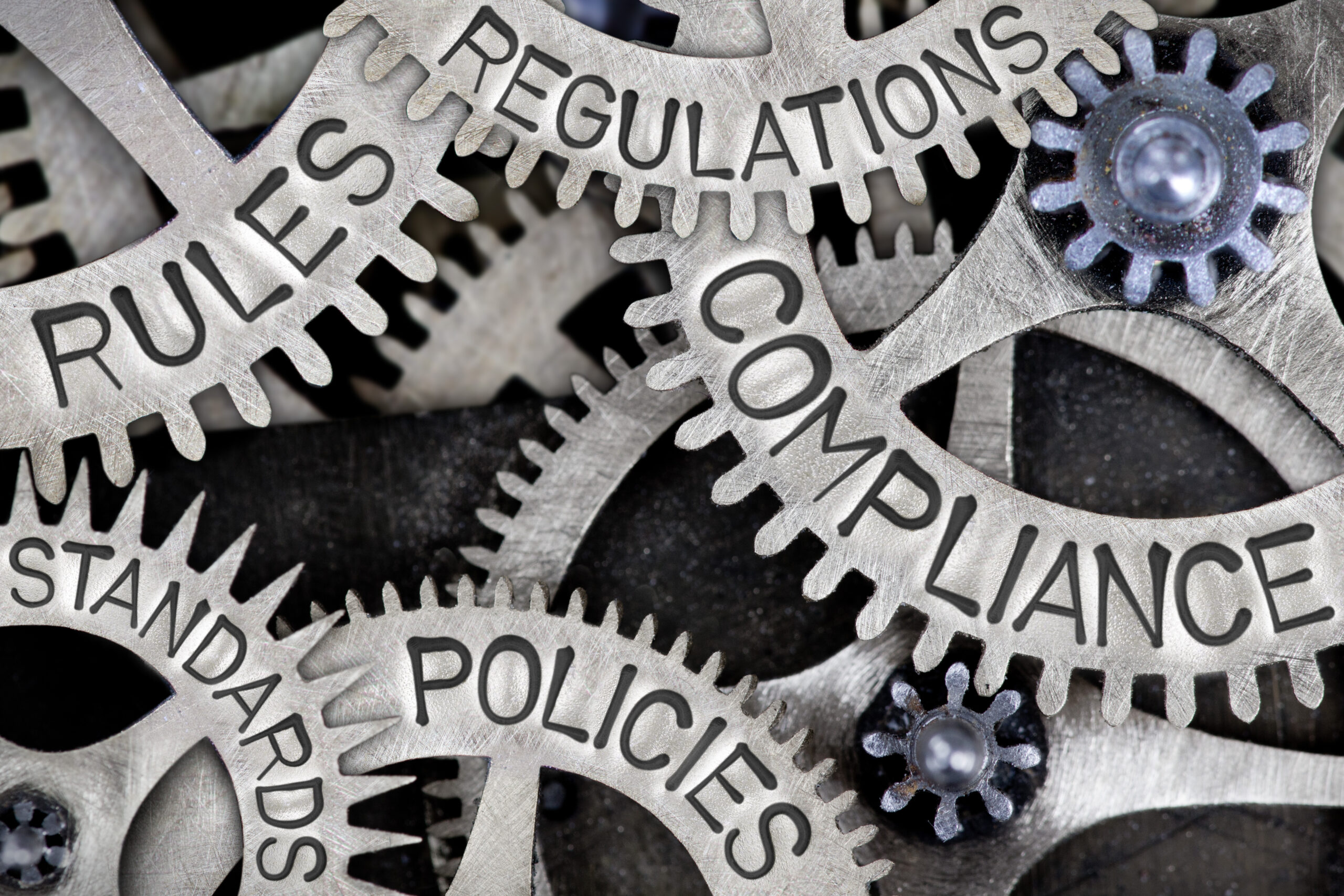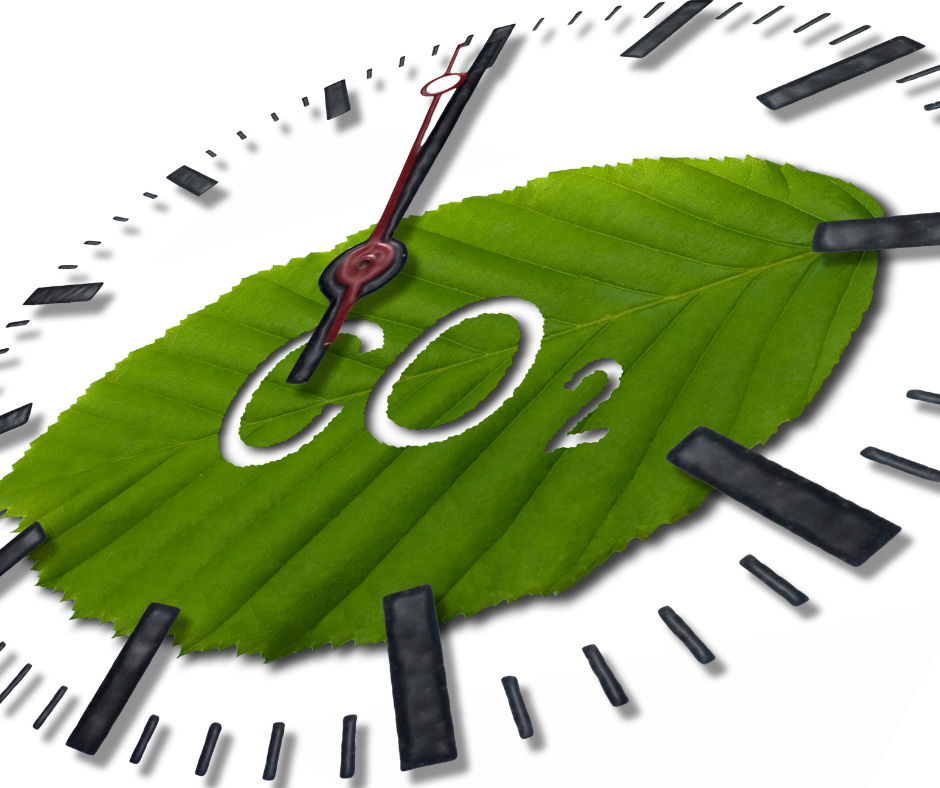On Friday the Department of Climate Change, Energy the Environment and Water released the amendment to the Safeguard rule which was largely expected, but still another blow to large emitters. This came into force as of the 7th October 2023 which was the day after it was registered.
In the latest update to the regulation default emission intensity numbers have been updated and new production variables established. This will be another blow to those Safeguard entities who will now be set to international best practice standards for the default emission intensities.
Further to the above and also on Friday, the Climate Active certification process had a paper released, following its roundtable and workshop earlier this year. In this consultation paper they are looking to strengthen the certification process which has slipped against industry standards since its inception in 2010.
One key concept the reforms are looking to address is that currently there is no mandatory gross emission reductions (i.e. reduction of emissions prior to offsetting) required under the legislation.
The proposals are looking to enforce that “meaningful direct emissions reductions” are undertaken and strategised before offsetting occurs. It would also look to ensure they are tracking their performance against meaningful targets to assist them in this. This requirement will form part of the audit and will be required for them to meet and maintain their Climate Active certification.
Interestingly they are including all scopes (1, 2, and 3) within their boundary and emission reductions although the “boundary” for this will surely be amended to allow for those outside of their direct control, especially for those within the Scope 3 targets.
The second part of the consultation paper is looking to tighten the availability of international credits as per the Chubb review paper in late 2022. The proposal will be met by the green lobby as a half measure I am sure as they are stating that vintage requirements on international certification is put in as 5-Years which is loose to say the least. But let’s see if that has any impact at all on price or requirements before we make that call.
The other interesting proposal is that any ACCUs used as a voluntary requirement will count towards Australia’s national emissions reduction target under the Paris Agreement. It does make you wonder how we will meet these targets at all if this is a scramble for a few voluntary certificates.
What will be a real key item to watch is if this could this be the first step towards vintage limits on all Carbon Credits, and if so, what will that do to an already tightening supply market. With Safeguard reforms coming in and baselines declining the market is anticipating strength and vintage limits may be the catalyst to the government $75/tonne cap.
Consultations close on this paper on the 15th December with implementation of changes from 2024 expected.

